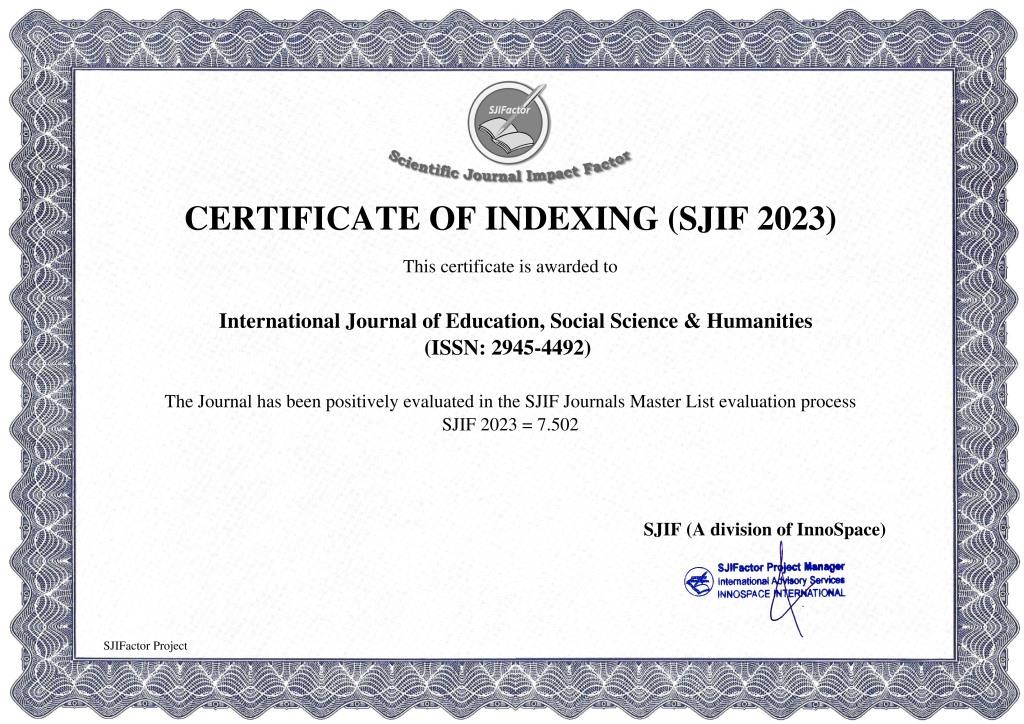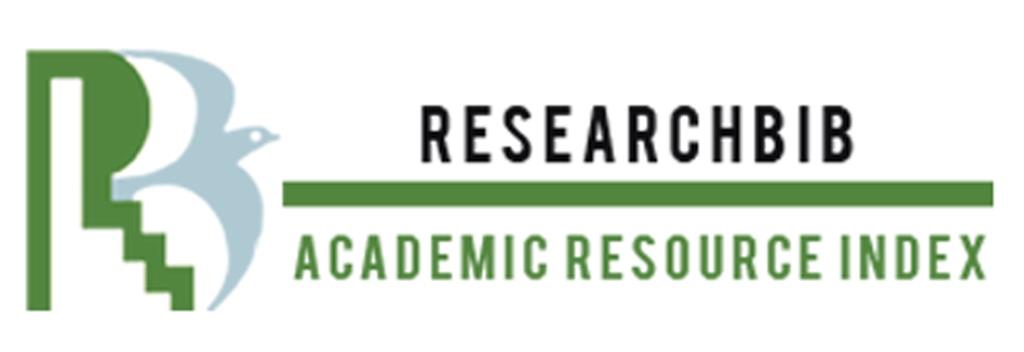THE INFLUENCE OF EMOTION BASED LANGUAGE TEACHING ON SPEAKING AND WRITING SKILLS AMONG EFL LEARNERS.
Keywords:
Emotion Based Language Learning Instruction (EBLI), emotioncy, emotions, productive skills, EFL students.Abstract
Effective learningis the ultimate goalin every educational system, which can be achieved by considering the intertwined relationships of both cognitive and affective procedures. In line with this argument, this study intends to shed light on the impactof Emotion Based Language Instruction (EBLI) in enhancing teaching productive skills (speaking and writing) to EFL students.
References
Baleghizadeh, S. (2016). Materials Development for English Language Teachers: A Practical Guide(4thEd.). SAMT.
Brand, A. G. (1989). The psychology of writing: The affective experience. Greenwood.
Brown, H.D. (2007). Principles of language learning and teaching(5thEd.). Pearson Education.
Chastain, K. (1998). Developing second language skills(2ndEd.). Harcourt Brace Publishers.
Greenspan, S.I., & Shanker, S. (2004). The first idea: how symbols, language, and intelligence evolved from our primate ancestors to modern humans. Da Capo Press, Perseus Books.
Heydarnejad, T., HosseiniFatemi, A., & Ghonsooly, B. (2017). An Exploration of EFL Teachers’ Teaching Styles and Emotions. Journal of Applied Linguistics and Language Research, 4(2), 26-46.
McLeod, S. (1987). Some thoughts about feelings: The affective domain and the writing process. College Composition and Communication, 38(4), 426-435.
Parkinson, B., Totterdell, P., Briner, R. B. & Reynolds, S. (1996). Changing moods: The psychology of mood and mood regulation. Longman.
Pekrun, R. (2014). Emotions and learning. Gonnet Imprimeur. Schutz, P. A., & Pekrun, R. (Eds.). (2007). Emotion in education. Elsevier.
Yavuz-Erkan, D. & İflazoğlu-Saban, A. (2011). Writing performance relative to writing apprehension, self-efficacy in writing, and attitudes towards writing: A correlational study in Turkish tertiary-level EFL.














